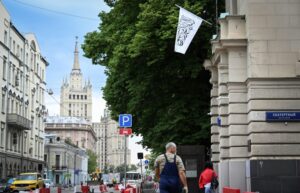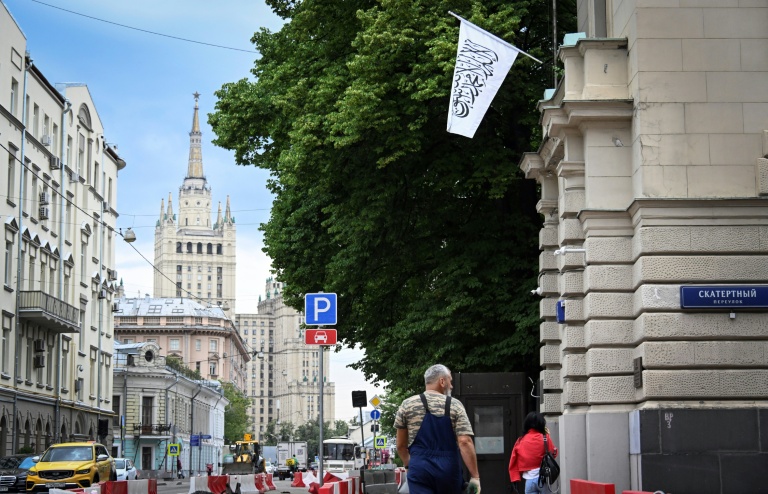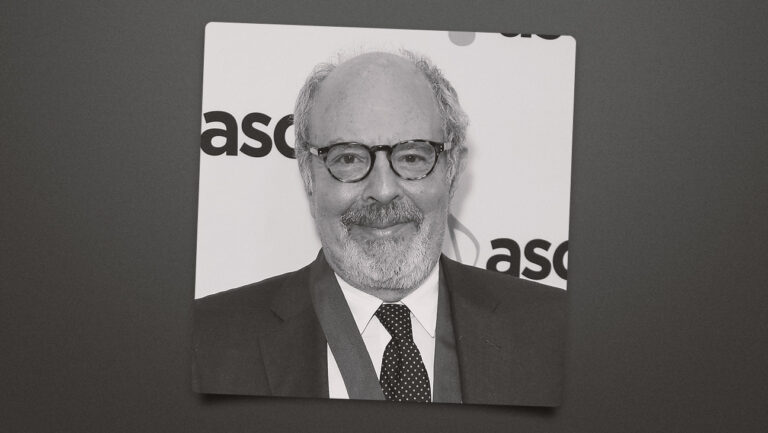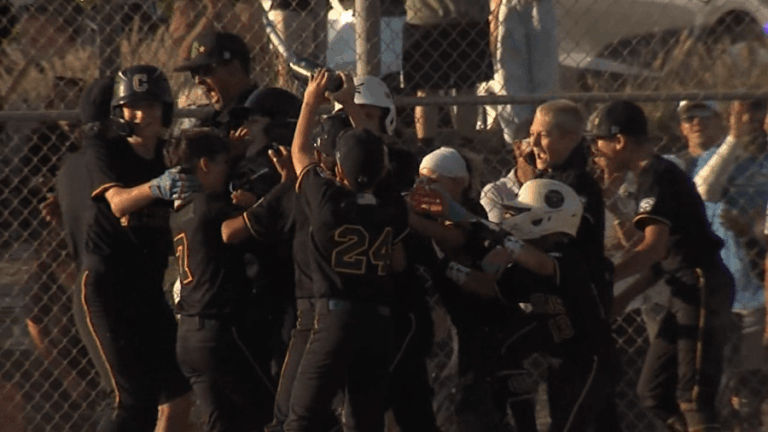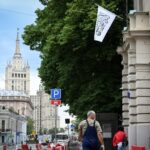Russia’s decision to formally recognize the Taliban government has sparked a mix of hope and skepticism among Afghans. While some see it as a potential catalyst for economic growth, others doubt it will significantly improve their lives. On Thursday, Russia became the first country to acknowledge the Taliban authorities, following a gradual warming of relations that included removing the group’s “terrorist organization” designation and accepting an ambassador in recent months.
The Taliban have struggled for international recognition since seizing power in 2021, toppling the foreign-backed government as US-led troops withdrew after a two-decade war. Afghanistan remains one of the world’s poorest nations, grappling with the aftermath of four decades of conflict.
Hope for Economic Revival
For many Afghans, Russia’s recognition is seen as a potential lifeline for the country’s beleaguered economy. Gul Mohammad, a 58-year-old resident of Kabul, expressed cautious optimism. “With the current situation in Afghanistan, with all the challenges, everyone is worried. If the world recognizes Afghanistan, we will be happy; currently, even the tiniest thing matters,” he said.
Despite his bitter memories of the Soviet invasion in 1979, which forced him to flee to Pakistan, Mohammad acknowledges that “the priorities are different now.” Similarly, Jamaluddin Sayar, a 67-year-old retired pilot, predicted that “trade and economic prosperity will now blossom.” He urged other nations, “both western and eastern,” to recognize the Taliban government and “stop spreading propaganda against the Islamic Emirate.”
Security and International Relations
Russian and Afghan officials have praised the move as a step toward deeper cooperation, particularly in economic and security sectors. Security concerns have been a focal point for collaboration between the Taliban and the international community, amid fears that Afghanistan could become a breeding ground for increased militant activity. The Taliban authorities have emphasized security and repeatedly assured that Afghan soil would not be used to plan attacks on other countries.
However, Pakistan’s relations with the Taliban have been strained due to a surge in militant activity since their takeover. Last year, an attack claimed by the Islamic State group’s Afghan branch killed 137 people in a Moscow concert hall, highlighting ongoing security challenges.
Voices of Skepticism and Concern
In a country where dissent is tightly controlled, some Kabul residents are wary of openly criticizing the Taliban. Atef, a 25-year-old who preferred not to use his real name, remains unconvinced that improved relations with Russia will benefit ordinary Afghans. “I think Afghanistan will fall into the traps of the Russians again, the issues and challenges will increase, and there is nothing that can help ordinary people,” he said. “People are struggling, and they will still struggle with or without the recognition.”
For Afghan women’s rights activists, the recognition is seen as a setback that “legitimizes” restrictions on women. The Taliban, who previously ruled Afghanistan from 1996 to 2001, have re-imposed a strict version of Islamic law. Norway-based activist Hoda Khamosh criticized the Russian move, stating, “Human rights organizations right now are trying to recognize gender apartheid in Afghanistan because the Taliban are a repressive regime against women. Therefore, these recognitions will not lead to anything.”
Looking Ahead
The recognition by Russia could potentially open doors for other countries to follow suit, but the broader implications remain uncertain. Afghanistan’s future depends heavily on its ability to navigate complex international relations and address internal challenges, including economic instability and human rights concerns.
As the international community continues to grapple with how to engage with the Taliban, the focus will likely remain on ensuring that Afghanistan does not become a haven for terrorism while addressing the humanitarian needs of its people. The coming months will be crucial in determining whether Russia’s recognition will pave the way for broader international acceptance or exacerbate existing tensions.



